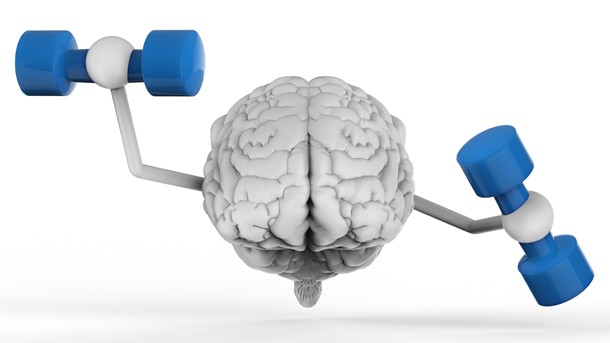Supplements To Boost
Memory

Even before birth, brain function and health are determined by the vitamins, minerals, antioxidants and other nutrients that the mother takes in during pregnancy. Also in children it is important for their performance and IQ that there are enough vitamins and minerals in their blood. Adults and the elderly can experience problems with their memory and mood if the levels of these essential nutrients are too low.

Niacin (Vitamin B3)
Niacin is important for the production of energy in the cells. If there is too little niacin, the brain works less quickly and less efficiently because it does not receive enough energy. Getting enough niacin can improve the transmission of messages between neurons. This can improve both short-term memory and long-term memory.
Another problem is that when energy production is slow, free radicals also build up in the cell. Niacin thus protects the neurons of the substantia nigra - the part of the brain that is affected by Parkinson's - against damage from these free radicals!
Vitamin E.
The main role of vitamin E is to prevent fat oxidation in the cell membranes. Vitamin E protects cells from free radical attacks and thus prevents our brain cells from going rancid and losing their function. A shortage of this excellent anti-oxidant causes damage to nerve cells, causing the cerebellum * to shrivel, among other things. It is an important pawn in the protection of our nervous system and plays a role in whether or not we develop Parkinson's disease. In addition, vitamin E also protects our blood vessels and thus lowers the risk of thrombosis and strokes.
Vitamin C
Vitamin C is also a strong anti-oxidant. Vitamin C is unique because it can cross the blood-brain barrier. In our brains it contributes to the production of various neurotransmitters - including dopamine * and adrenaline * - and is therefore partly responsible for the smooth transmission of messages between cells. In addition, sufficient vitamin C protects the brain cells against free radicals, which prevents mental deterioration and improves alertness and IQ. Higher levels of vitamin C in the blood also cause the glutahation level to rise. (Glutathione is a very important anti-oxidant, which, like vitamin C, can improve IQ when it is deficient in the blood).
Vitamin C is also important for the regulation of our blood vessels and blood pressure: it counteracts blood clotting and thickening of the veins, which reduces the risk of strokes, among other things.
Selenium
The nerve cells of our brains desperately need selenium for the production of glutahtione, among other things. The level of selenium in the blood also determines our mood: without selenium, the production of serotonin *, dopamine * and adrenaline * is jeopardized and mental problems such as confusion, anxiety, depression and fatigue can occur.
© Copyright Get Set Fit